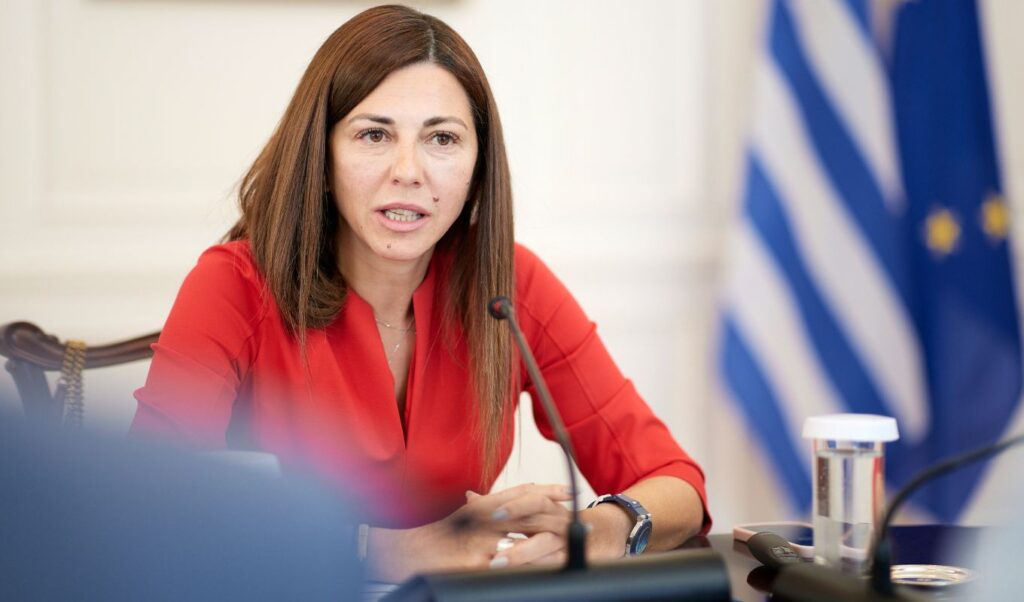“We expect to receive initial recommendations from the Independent Authority within the week on which universities could operate in Greece, starting from 2025, but the important challenge is to certify the programs,” declared Education Minister Sofia Zacharaki, speaking on Parapolitika 90.1 during the show “Why did you wake me up early” with journalists Sotiris Xenakis and Vasilis Skouris. She added that “the most substantial news about which programs will be able to operate in Greece and when will come in August, where certifications will be conducted by professors from abroad, experts from ETHAAE.”
Read: University entrance exams 2025: Admission thresholds announced Friday, July 25
Initially, Sofia Zacharaki explained: “We are at the point where we await recommendations from the Independent Authority. After the law was passed, twelve applications were submitted in April and a race against time began without compromising quality so that the Independent Authority could conduct the necessary checks regarding the parent universities.”
“The universities have applied for many programs, we have the traditional schools like Law, Medicine, Pharmacy, a lot of psychology, economics-related programs, as well as other schools that attract interest,” she noted. “Every beginning is difficult, without any compromise on quality… I believe that with the current data we can be optimistic, although I repeat that it depends on ETHAAE’s evaluations that we can have programs that will operate this year, obviously from October onwards,” the Education Minister stated.
Zacharaki on private universities: Up to 6,000-7,000 students could enroll in the first year
“Initial calculations suggested that up to 6,000-7,000 students could enroll in the first year. We understand this could develop over the years into a very dynamic development prospect for the country,” she emphasized.
Additionally, when asked how student admission to private universities will work, she said: “You must definitely take the nationwide exams and meet the minimum admission threshold for the school you desire. Of course, many universities set additional requirements depending on the student profile each university wants.”
On nationwide university entrance exams
Finally, referring to the nationwide entrance exams, she mentioned: “Any discussion about changes, when announced regarding the terms of the next phase from what everyone knows, is delayed. This is not a conversation that concerns children currently in high school. It will affect children from 2029 onwards, but we still have a long way to go. We still have a path of consultation ahead. We had a very good discussion in Parliament and it became clear across party lines that there is consensus… There is a very extensive discussion about how we could eventually proceed with a national diploma. This would mean that with specific grading, grades from each year would count and more importance would be given to more subjects… A very interesting conversation has begun about the national diploma, but it doesn’t concern children currently in high school.”




